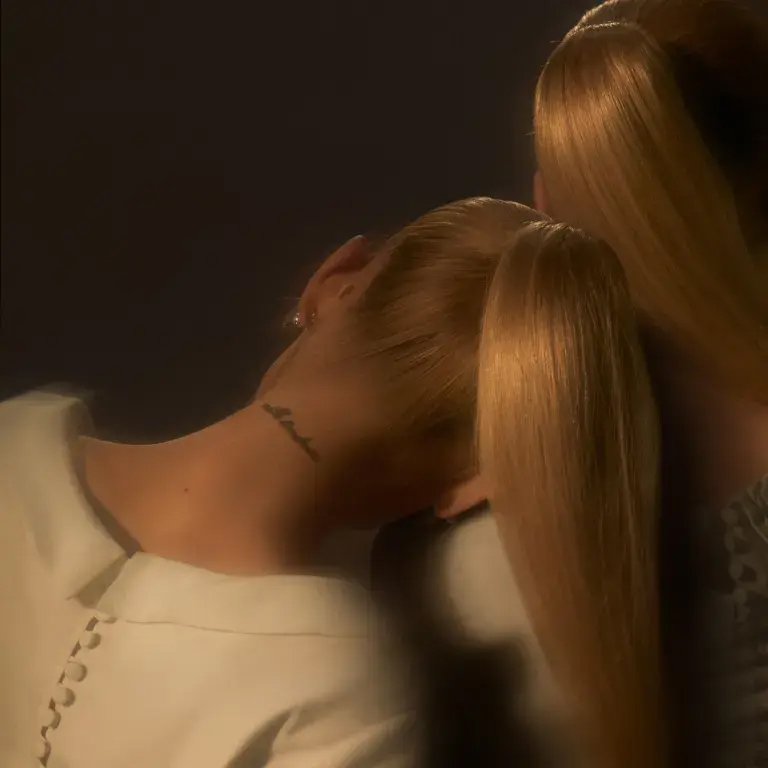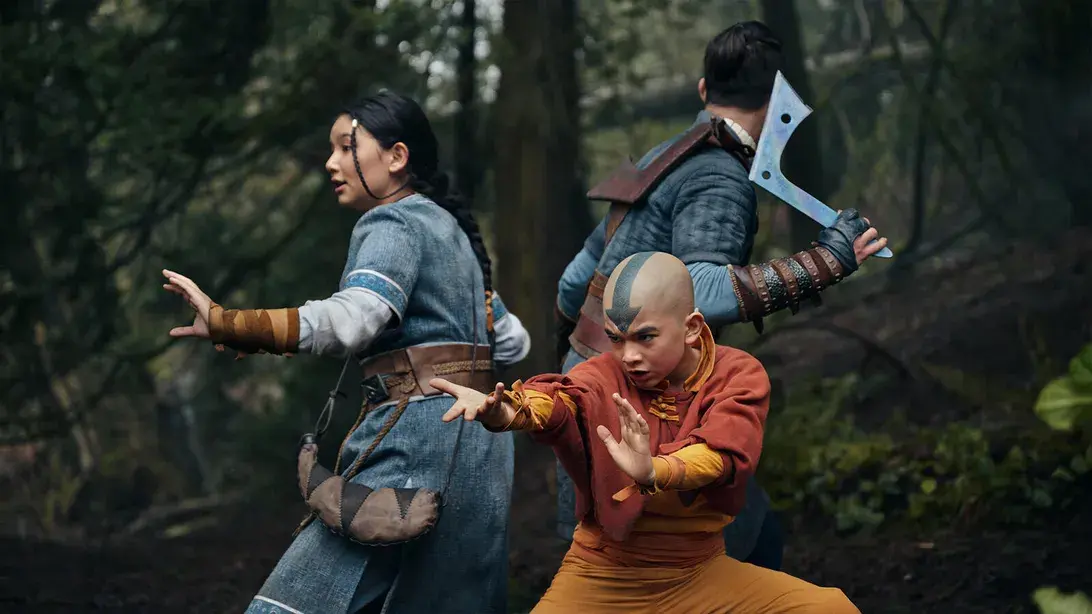Ashley Judd recently wrote a new novel/memoir, titled “All That is Sweet and Bitter.” This is a bit of a Hollywood dish.
I’m going to be honest here: I have never read a celebrity memoir, even if the writer happened to be my favorite celebrity. I just so happen to like Ashley Judd as an actress, but I’m not quite sure if I’m up to the $24.99 book fee. There’s probably a pure silver book jacket or something. That must be the reason the book is more expensive than a pillow pet.
The memoir supposedly includes Judd’s history of drug use and sexual abuse, as well as childhood issues with her mother and sister (apparently there were some brutal fights). She is a HIV/AIDS activist, and also described her trips to third world countries that left her shocked and depressed in the book.
In addition to the personal drama, her opinions on issues like hip-hop and rap are also shared (about hip-hop artists and their lyrics). The latter has actually caused quite a stir with the press recently. Judd has received some serious criticism.
Her confrontation with the rap artists surfaced when close pal Russell Simmons interviewed her about the topic. “What were your intentions when discussing hip-hop?” he asked. She answered, “My intention was to support artists to know that they have so much power. That they make incredible life-changing impressions, particularly on the young.”
Ashley Judd is saying some children truly and definitely look up to rap and hip-hop artists as “hip” and cool role models. This seems like a decent enough sincere thought, right? Some people claim to be outraged.
Critics think her statements in the book are based on race and against all hip-hop and rap groups in general, but I do not think was the point. She refutes this, saying that her whole theme is actually how rap songs are sometimes inappropriate toward women. “My intention was to take a stand to say the elements of that musical expression that are misogynistic and treat girls and women in a hyper-sexualized way are inappropriate. That is not acceptable in any artistic expression, in any cultural form, whether it’s country music or in television storylines.”
Here are the facts. Whether or not you say something with a good intention, people are probably always going to look for the worst in what is said. I can write opinion articles about politics, celebrity drama or homes of millionaires. But if I insult or say one negative thing, that will be the one line people will see and judge. That will be the line that everyone remembers. Not that it’s bad to be remembered and talked about, but “inappropriate opinion writer” is not a flattering title.
Judd said, “(…)If they read more than one paragraph in the book, they would see that all four hundred pages are about that (the sexism issue).”
I have not quite decided which side to take. The point is no matter what you write about, no matter what you write for and no matter how you write it, people will judge. They each see something different when they read a piece, and it will affect audiences in different ways at different times.
Whether the issue is sexism, racism, diseases or politics, words affect the way things are perceived. A writer may have a way with words or be terrible with words. A singer may have a certain lyric-writing method, but be careful.
One word can change the whole meaning of your voice. Your whole message can backfire with one simple slur.
Becca Horton is a freshman majoring in communication. She can be contacted at [email protected].






















































































